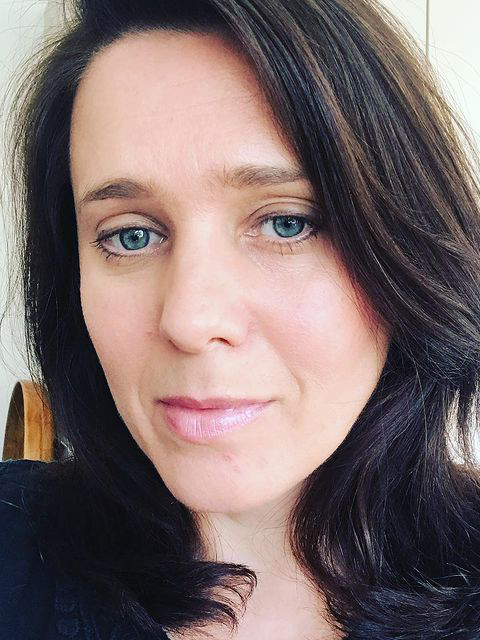Born in Portsmouth, UK, Penny Davis is an artist, solo mother of three children and PhD candidate currently working in drawing and autoethnography to explore maternal embodiment. Davis is a is a member of IAMAS and as a political maternal activist her arts practice works to highlight inequities for single mothers alongside working with organisations to support Single Parents Rights. Graduating from Chelsea College of Art (UAL) in 1999, and the Slade School of Art (UCL) in 2001, Davis was also a resident at Skowhegan (USA) in 2004 and The Edward Albee Foundation (USA) in 2005. She has exhibited both nationally and internationally and her work is held in public and private collections. She has presented at the ‘Let’s Get Dirty’ symposium at Loughborough University (2020) and ‘The Missing Mother Conference’ at Bolton University (2021). She has also presented and exhibited under a pseudonym at the ‘Learning from the Pandemic: Possibilities for Mothers and Families’ (2022) and in the Domestic Academics project with Vanessa Marr (2021). Davis is an active member of the Drawing Research Network, presenting and chairing the annual conference of drawing events and was awarded the John Phillips and Dennis Holt Travel Prizes (2021).
www.facebook/penelopeanndavis/
https://www.instagram.com/penelopeanndavis/?hl=en
https://www.spiltmilkgallery.com/artist-members/
Matricentric drawing: autoethnographic strategies for visualising reproductive work 1. How can a matricentric autoethnographic drawing method reveal reproductive work? 2. What is specific about reproductive work when it becomes visualised through a practice of drawing and matricentric autoethnography?
Supervisors: Professor Hilary Robinson and Dr Deborah Harty
Davis explores reproductive work (Federici 2012) and invisible labour (Luthar and Ciciolla, 2019) through a diverse range of drawing strategies often undertaken in the family home and which include embodied and performance drawing and digital techniques in a variety of traditional and non-traditional media.
In visualising reproductive work, Davis intends to reveal and reflect upon the enormity and complexity of unpaid work as it constitutes the situated knowledge of raising teenagers as a solo mother. Through both writing and drawing she attends to the thinking processes of maternal encounters (Baraitser, 2009). Her performance drawing video works capture moments of daily care through embodied linear and gestural marks digitally collaged with autoethnographic text and speech. Drawings record physical actions of care such as hugging or folding laundry, along with drawing text developed from autoethnographic data as it flows digitally and materially through the home. This autoethnographic material draws from diaries, digital and printed messages, family administration, government and other official correspondence, children’s drawings, handwritten notes and ephemera which are all drawn in stop frame or recorded in real time as they are drawn.
Informed by Matricentric Feminism (O’Reilly 2019) her methodology incorporates autoethnography and performance drawing to explore the subjugation and oppression of maternal identity. The matricentric aspect of the research affords an ethical intention to the research where memories, reflections and narratives are re-told through the first person perspective of the mother, thus giving agency to art about motherhood but also removing the focus on the child as the subject.
-
https://orcid.org/0000-0003-3239-1731
- Drawings and Writings by Penny Davis in Maternal Art Magazine Issue 1 (2020)
- Book Review on Performance Drawing: New Practices Since 1945, Maryclare Foa, Jane Grisewood, Birgitta Hosea and Carali McCall (2020) in Drawing: Research, Theory, Practice (2022) DOI: 10.1386/drtp_00085_5
- A chapter of her thesis will be published in a forthcoming (summer 2023) edition of Journal of Motherhood Initiative.
